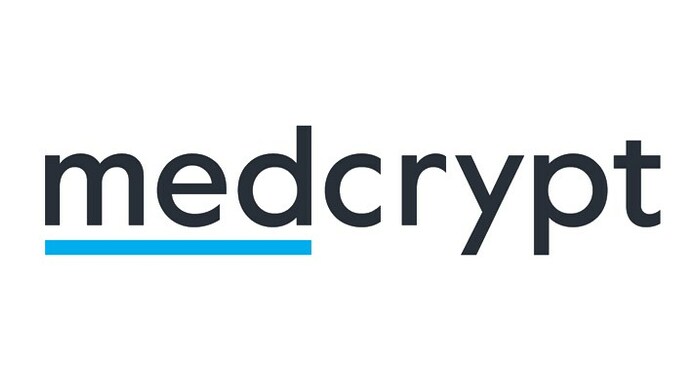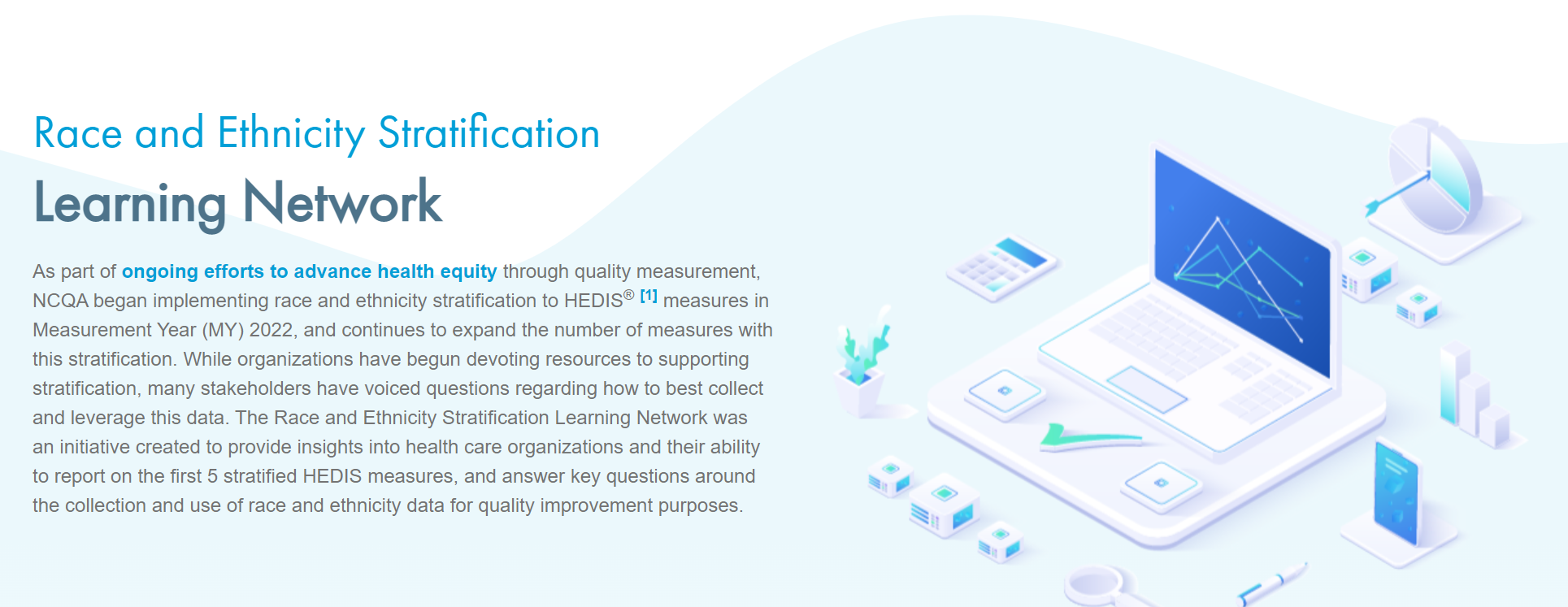In IBM’s 2022 Cost of a Data Breach report, the company revealed that the global average cost of a data breach was $4.35 million. In the healthcare sector, however, that number skyrocketed to $10.1 million. Why is an attack on a healthcare organization so much more costly? While part of this comes down to the fact that healthcare organizations often have big budgets, and so might be able to pay big ransoms, the biggest part of the answer is consequences. In there, real lives are at stake. Downed
Read More
Vital
Q/A: CalmWave CEO Talks Leveraging AI to Reduce Alarm Fatigue
What You Should Know:
Healthcare providers face the difficult challenge of coping with an ever-increasing workload while still providing high-quality patient care and trying to retain their staff. As the CEO of CalmWave, Inc., Ophir Ronen is an expert in both patient outcomes and staff retention who understands the importance of leveraging AI technologies to reduce alarm fatigue and deliver more efficient quiet care.
Delivering Efficient Care by Reducing Alarm Fatigue
Alarm fatigue is
Read More
IT Infrastructure: Creating A Culture of Security In Your Hospital & Health System
It’s a fact: More than 80% of data breaches involve a human in some way. That could involve someone falling for a spear-phishing campaign designed to solicit credentials, clicking on a malicious link, or a simple error that leaves a security vulnerability open to bad actors. Creating a culture of security in your organization will keep security at the forefront of everything from operations to care delivery.
Monitoring and maintaining the security of IT infrastructure is often overemphasized
Read More
Expectations For The Connected Care Business In The Years Ahead
Though we seldom see their use in our modern world and, even then, only in fiction, there was a time when it was common for people to actually use things like crystal balls and divining rods to try to uncover unknown yet valuable information. As unbelievable as it may seem, soothsayers peered into crystal balls aiming to help seekers look into the future for guidance, while prospectors would rely earnestly on divining rods as they attempted to locate underground riches of water or oil.
While
Read More
MedCrypt Funds Medical Device Usable Security Research at Tufts University
What You Should Know:
- MedCrypt, Inc., a proactive cybersecurity solutions provider for medical device manufacturers, announced its financing of the School of Engineering for a Tufts University fellowship program that will support research focusing on the investigation of medical device security and threat modeling.
- MedCrypt acknowledges the vital role that evidence-based security practices play in the MedTech industry and recognizes the need to address the existing gaps. Additionally,
Read More
Consumer Trust: How Healthcare Organizations Can Build Confidence with AI
Trust is a vital component of healthcare. It impacts whether someone shows up for a doctor’s appointment, follows their treatment plan, or plays an active role in their health.
But building trust doesn’t just happen at the front counter, inside the doctor's office, or in face-to-face interactions. Increasingly, consumers are interacting with their health plans through online and mobile touchpoints — and these virtual experiences are no less crucial to building trust than in-person
Read More
NCQA Launches Race and Ethnicity Stratification Learning Network
What You Should Know:
- The National Committee for Quality Assurance (NCQA) today launched the Race and Ethnicity Stratification Learning Network, a free, interactive, online tool that offers data and best practices to help health plans improve how they collect race and ethnicity data on their enrollees. Improving data collection of race and ethnicity data is vital to improving health equity.
- The data available in this new resource summarize the care of 20 million people
Read More
Caregility & Xandar Kardian Partner for Virtual Acute Care Solution
What You Should Know:
- Xandar Kardian, a Toronto-based leader in developing radar signal processing technology for vital sign monitoring, has formally announced an integrated partnership with Caregility, an enterprise telehealth leader dedicated to connecting care for patients and clinicians everywhere.
- For the first time ever, Xandar Kardian will embed its radar technology and data into a partner’s existing product line, joining Caregility’s Best in KLAS Caregility Cloud™ virtual
Read More
Measure What Matters: The 2023 Medical Device Benchmark Report
What You Should Know:
The COVID-19 pandemic put the medical device industry front and center, especially with the demand for essential products like diagnostic tests, ventilators, and respiratory assistant devices.A new report outlining the state of medical device service showcases problems the industry must overcome, purporting solutions powered by emerging technologies to overcome these obstacles and ensure service accuracy.
Understanding the Key Insights and Trends within the
Read More
How AI is Transforming Rare Disease Diagnosis
Collectively rare diseases are anything but rare – they impact 30 million people in the US and ten times that amount globally. And 1 in 3 children suffering from a rare disease will not survive beyond the age of five.
One of the biggest challenges facing clinicians is making a quick, accurate diagnosis – on average patients visit eight physicians and receive two to three misdiagnoses before being correctly diagnosed, a process that takes US patients around 7.6 years, and is often referred to
Read More










